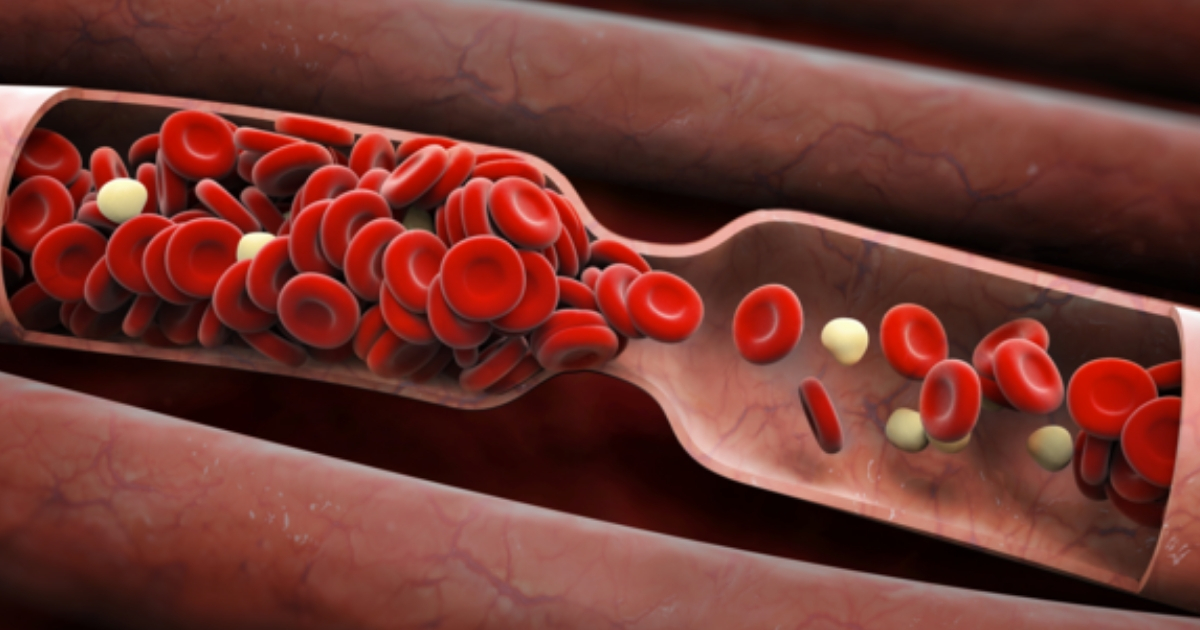Guide To The Health Benefits Of Juicy Kiwi Fruit
Kiwi fruit, originally known as Chinese gooseberry, is an edible berry of a species of woody vines. New Zealanders brought about the name kiwi fruit when they began growing and marketing it to other countries. However, the kiwi fruit is native to China, and China produces over fifty-six percent of the world’s supply. The fruit is the size and shape of a hen’s egg with a brown, roughly textured skin. Beneath the skin is a fleshy green layer and rows of seeds that can be eaten. It has a unique, sweet flavor and soft texture. The skin is edible, but many individuals do not enjoy the texture. Kiwi fruit can be eaten raw, made into juice, used in baked goods, or used as a garnish.
Reduce The Risk Of Blood Clots

Blood clots can form within the veins and arteries for a number of reasons including sitting for too long without moving, family history of blood clots, obesity, or certain autoimmune diseases. Blood clots that travel to the lungs can cause an embolism, and clots that block the arteries to the brain cause strokes, both of which are life-threatening emergencies. Kiwi fruit helps reduce the risk of blood clots by lowering cholesterol and triglycerides in the blood. It also contains salicylates, a salt of salicylic acid, which is known to thin the blood in much the same way as an acetylsalicylic acid regimen. Therefore, not only does kiwi fruit reduce an individual's risk of developing a blood clot, it also reduces the risk of complications and even death from blood clots should they occur anyway.
Helps Treat Symptoms of Asthma

It is thought the kiwi fruit’s high levels of vitamin C and other antioxidants are what helps treat symptoms of asthma. Studies have shown a daily intake of fresh kiwi fruit by children over the course of a month lowers asthma symptoms such as wheezing, shortness of breath, and chronic cough by thirty-five percent. This makes sense since antioxidants fight the free radicals inside the body and are known for reducing inflammation. Asthma is the swelling of airways in the lungs making breathing difficult. It is thought to be caused by a combination of environmental factors and an individual’s genetic makeup. Those who remain eating kiwi fruit daily maintain healthier lung function.
